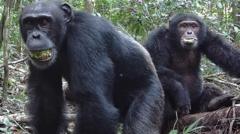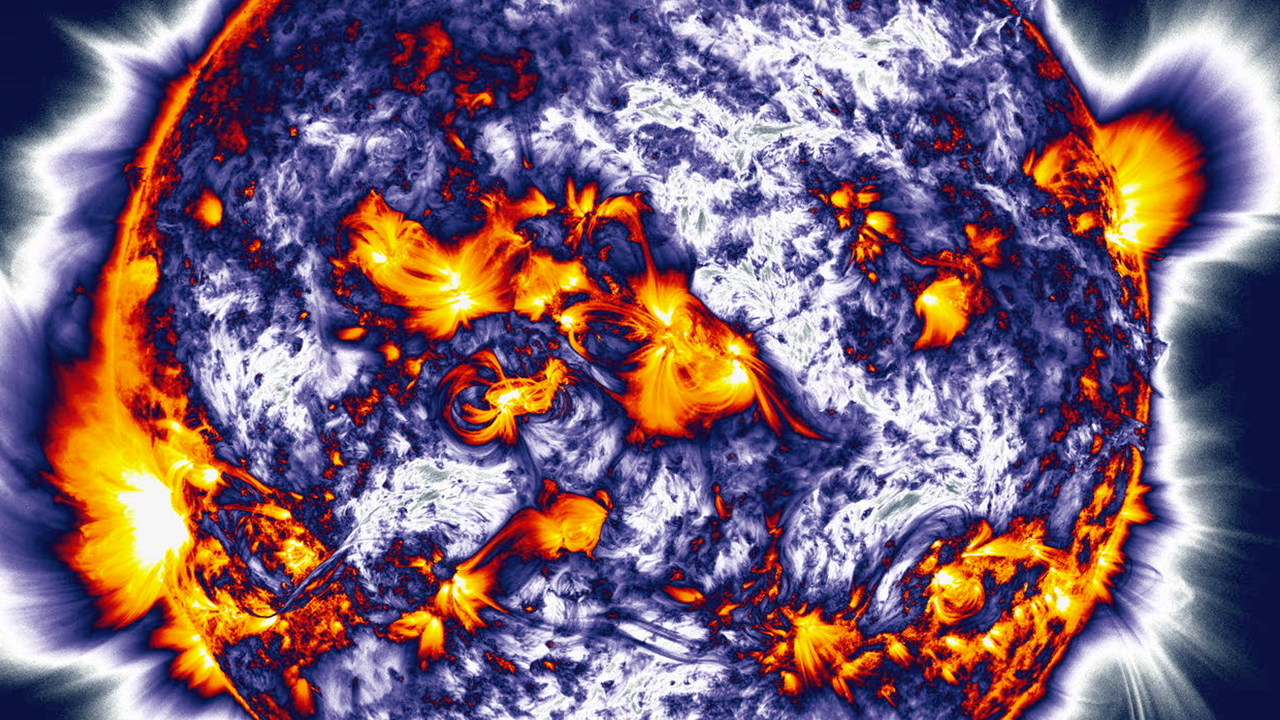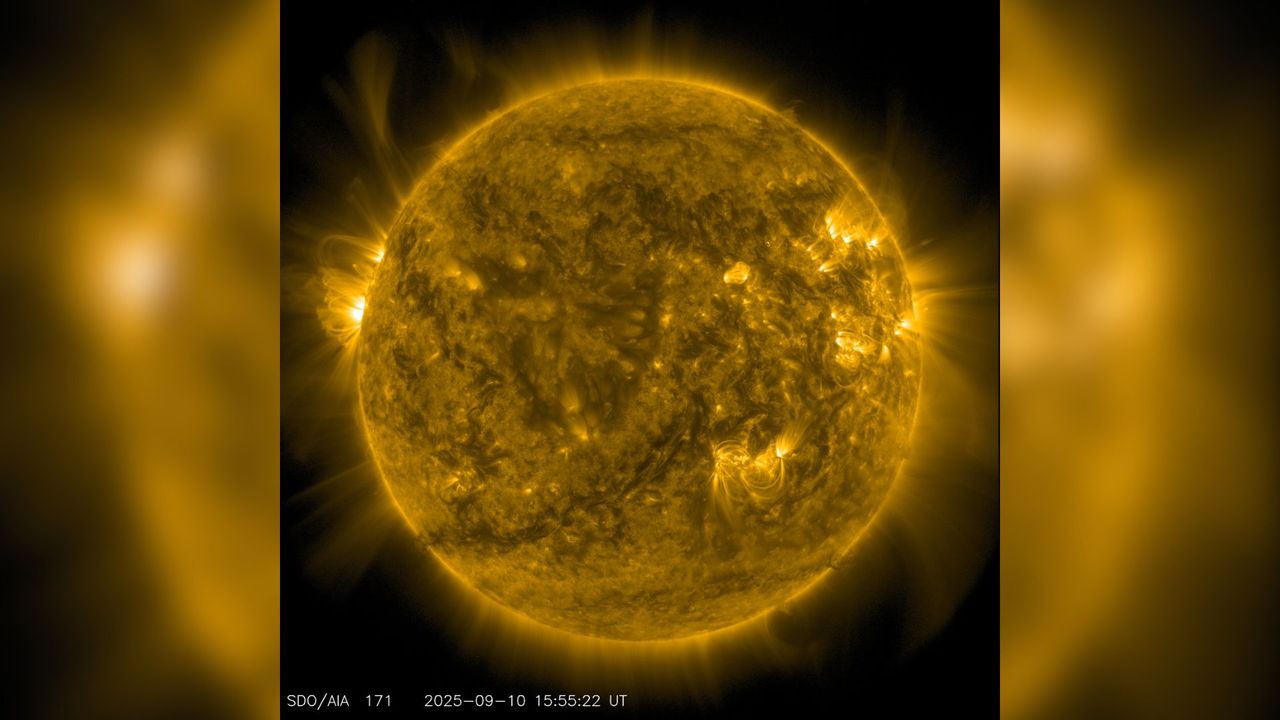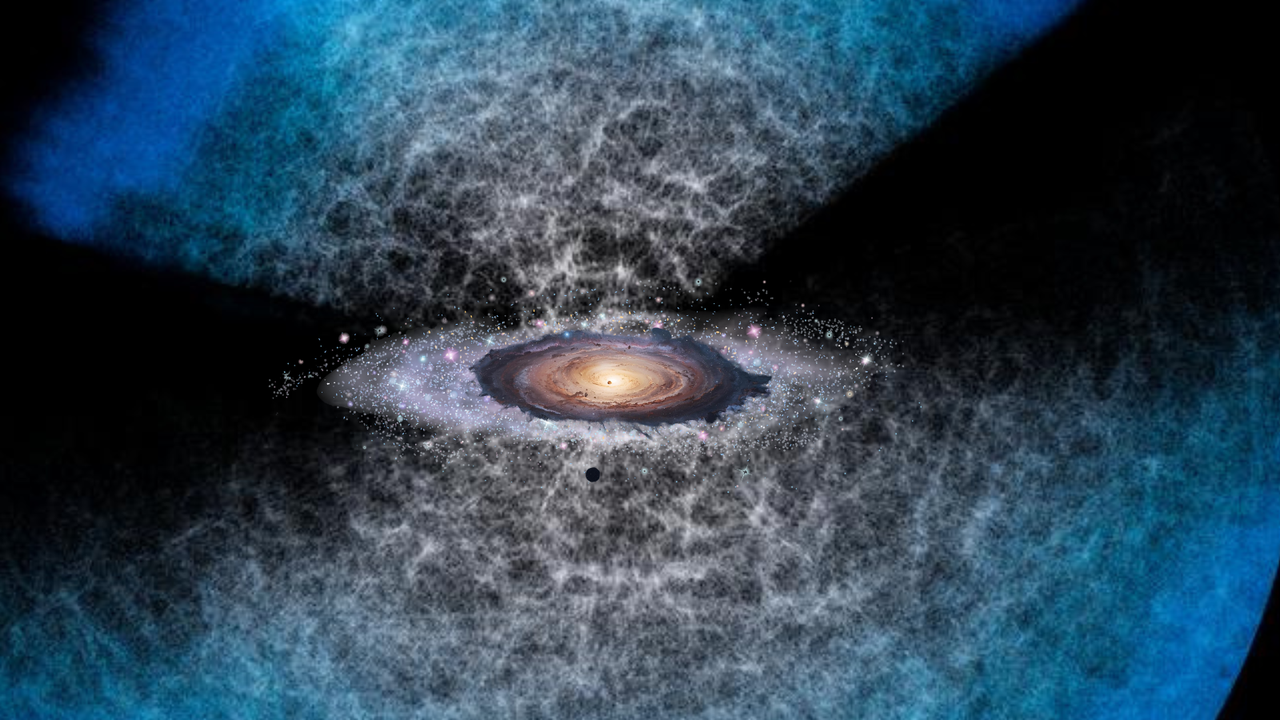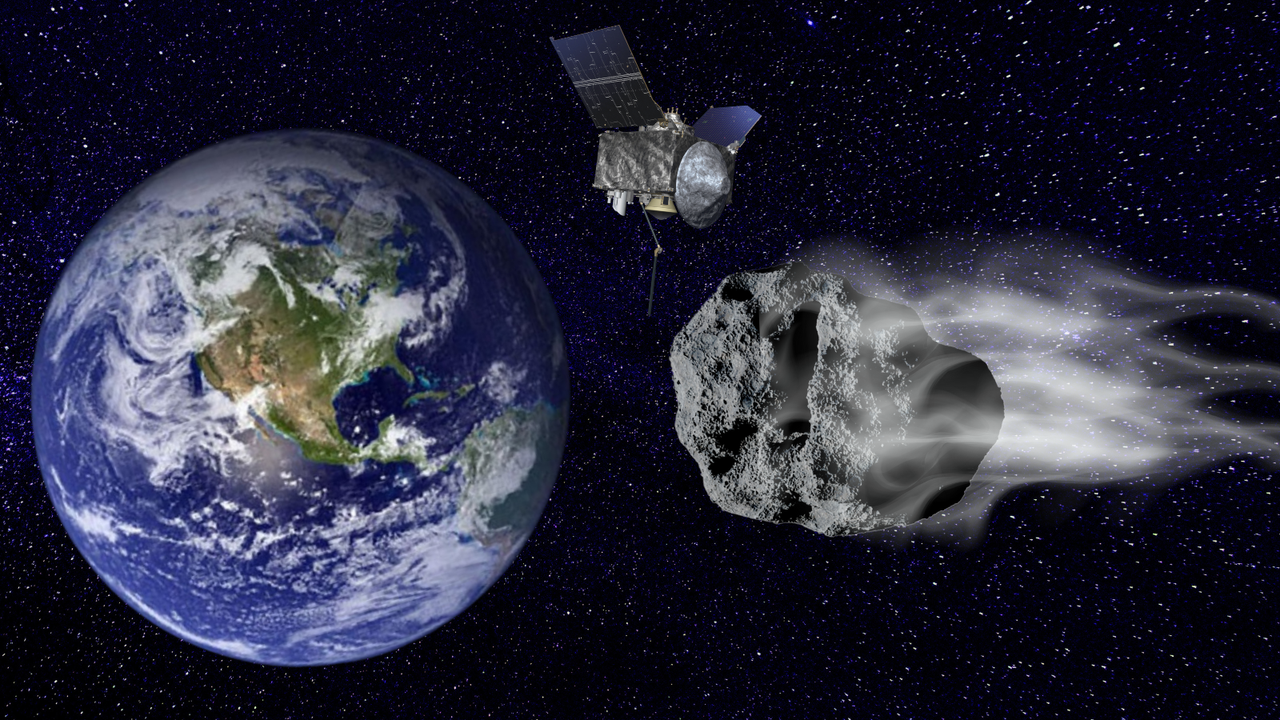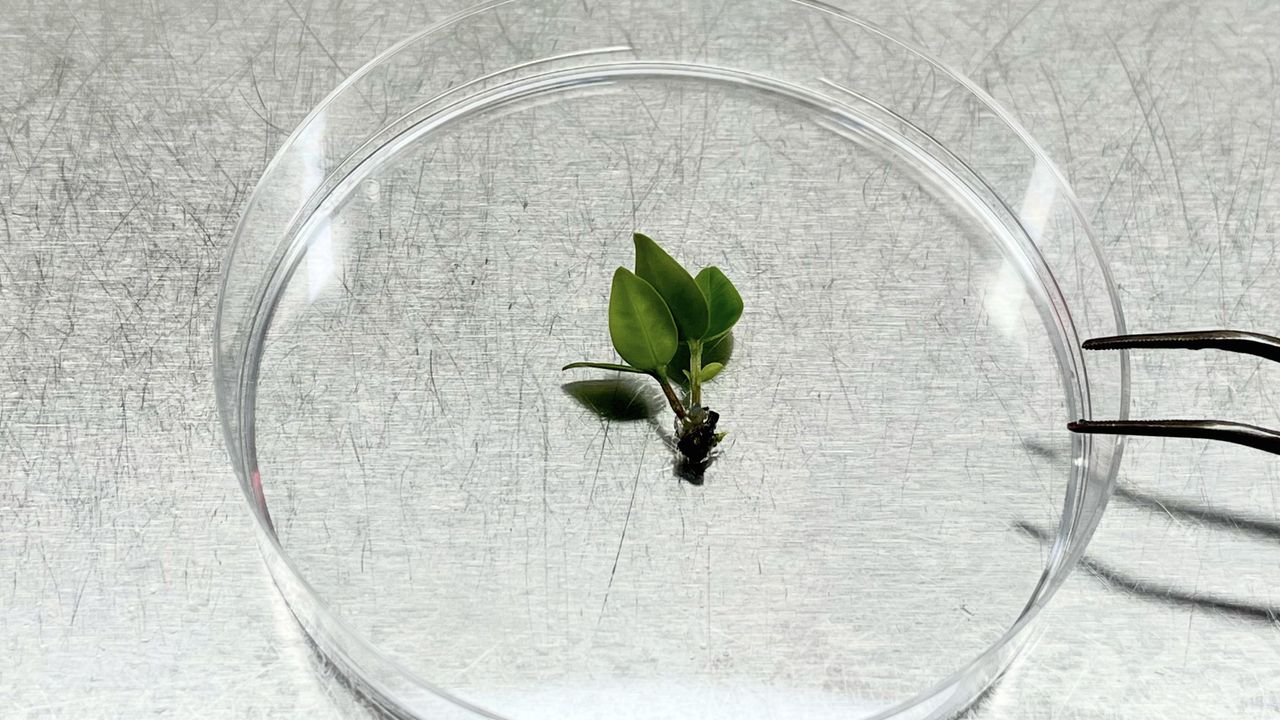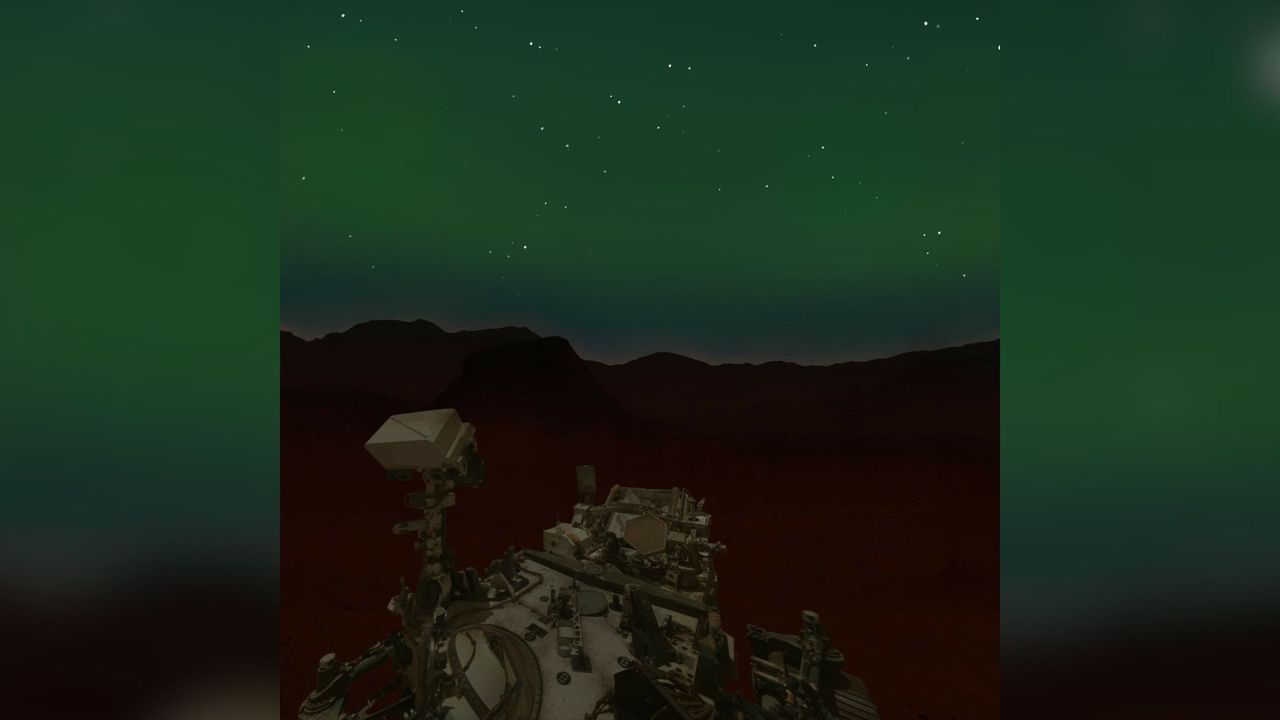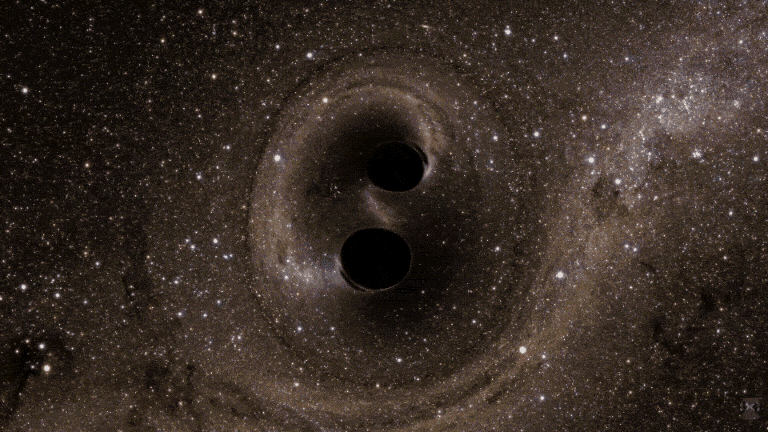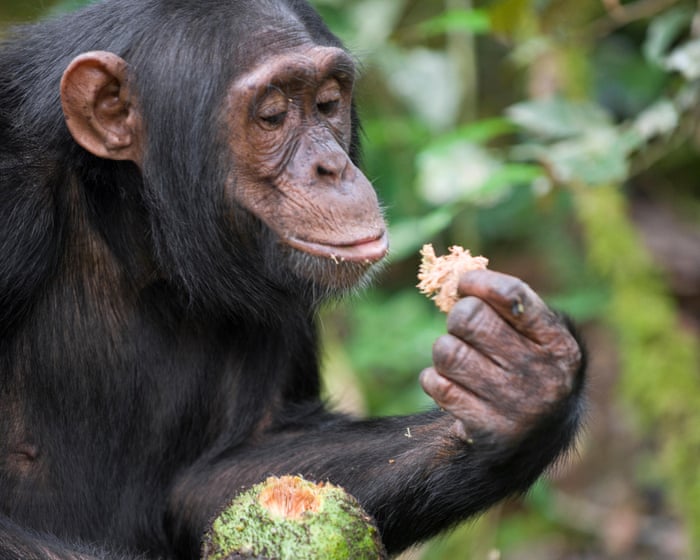Scientists invent new sunscreen made from pollen
PositiveScience
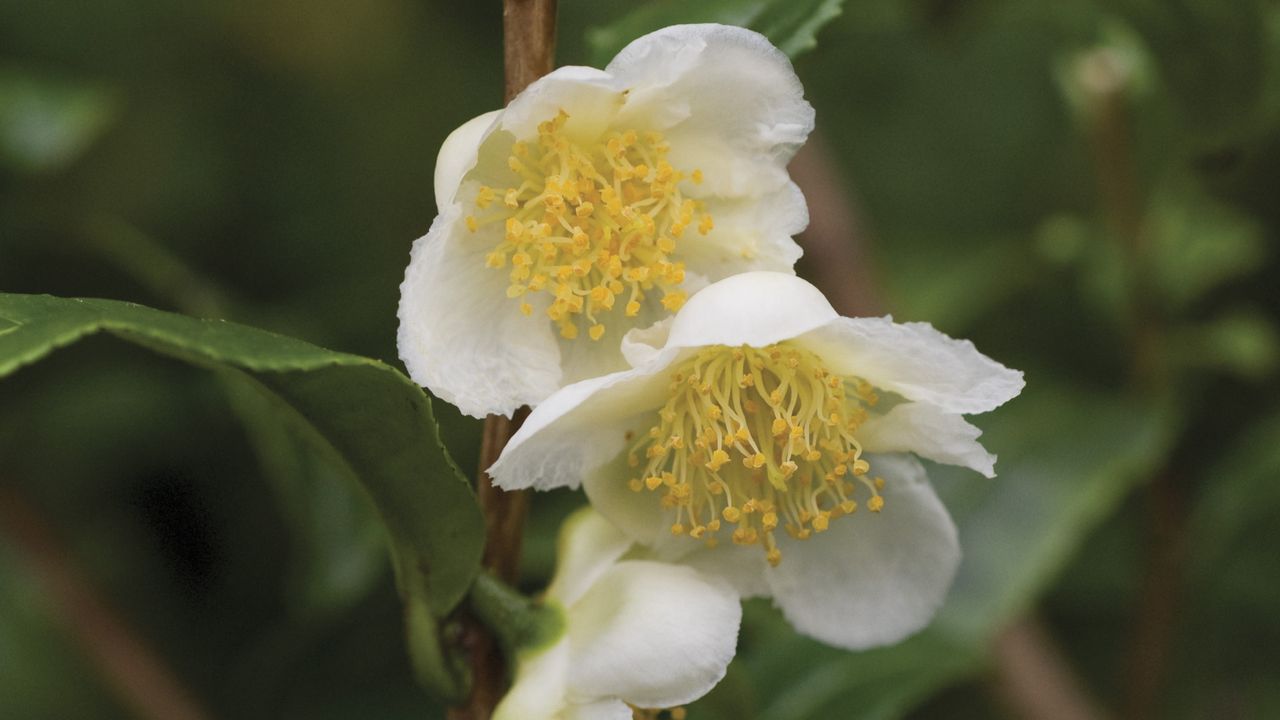
Scientists have developed a groundbreaking sunscreen made from tea plant pollen, offering a sustainable alternative to traditional chemical sunscreens that harm coral reefs. This innovation not only protects our skin but also helps preserve marine ecosystems, making it a significant step forward in both skincare and environmental conservation.
— Curated by the World Pulse Now AI Editorial System
